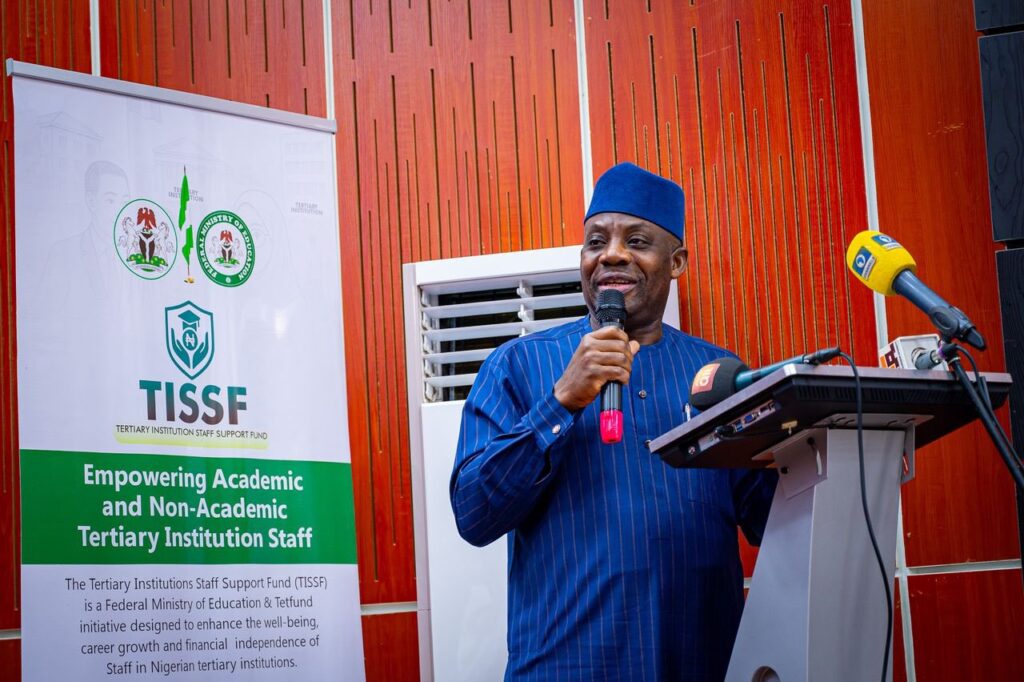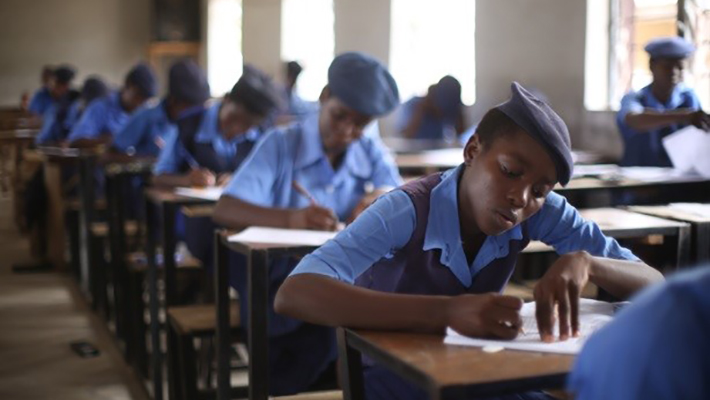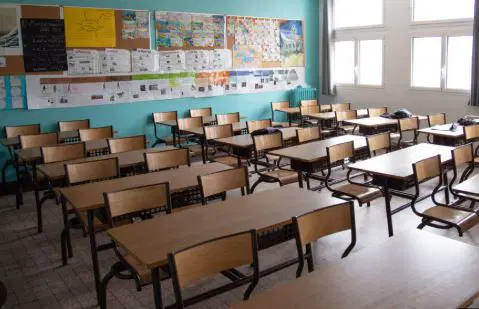In a move resonating with promise and purpose, the Federal Government has completed a sweeping overhaul of the school curriculum spanning basic (primary and junior secondary), senior secondary, and technical education. Delivered with clarity and conviction by the Minister of State for Education, Professor Suwaiba Said Ahmad, this announcement signals a landmark shift towards less crowded and more meaningful learning experiences for Nigerian pupils and students. The curriculum, officially unveiled on 1 September 2025, aims to equip learners with the skills necessary to thrive in an ever-evolving global landscape.
Speaking on behalf of the Minister of Education, Dr Maruf Tunji Alausa, Prof. Ahmad emphasised that the revised frameworks were the culmination of sustained collaboration among leading educational agencies—namely the Nigerian Educational Research and Development Council (NERDC), the Universal Basic Education Commission (UBEC), the National Senior Secondary Education Commission (NSSEC), and the National Board for Technical Education (NBTE).
Table of Contents

A Leaner, Smarter Curriculum: Balancing Depth and Breadth
This revision is more than a trimming exercise—it’s a thoughtful reconfiguration. The Ministry sought to strike a balance between breadth and depth, ensuring that quantity doesn’t overshadow quality.
Here’s how subject offerings have been recalibrated:
- Primary School
- Primary 1–3: 9–10 subjects
- Primary 4–6: 10–12 subjects
- Junior Secondary School (JSS): 12–14 subjects
- Senior Secondary School (SSS): 8–9 subjects
- Technical Schools: 9–11 subjects
Going forward, rather than overwhelming students with exhaustive lists, the curriculum aims to foster deeper understanding, encourage critical thinking, and make room for practical, hands-on engagement. The overarching goal: reduce content overload, carve out more effective learning time, and make sure schooling reflects modern realities.

Collaboration, Oversight and the Road to Implementation
The Education Ministry didn’t just draw up the changes in isolation. As noted, this revision was a collective effort with pivotal institutions like NERDC, UBEC, NSSEC, and NBTE playing significant roles. Their input helped ensure that the curriculum redesign is relevant, well-rounded, and sensitive to both academic rigour and practical competence.
Implementation will be rolled out in phases, with each component tracked by relevant agencies to guarantee seamless adoption across schools nationwide. Prof. Ahmad reassured that strict monitoring mechanisms will support a smooth transition, reflecting the government’s commitment to quality, practical, and future-oriented education.
Honouring Past Plans, Looking Ahead
This rollout also clarifies Nigeria’s broader curricular roadmap. Earlier in the year, the then-Education Minister, Professor Tahir Mamman, had announced that the new basic education curriculum would be phased in from January 2025. Yet, just before the change of guard, the implementation was postponed to September 2025.
Now, with the new structure unveiled in September 2025 and a phased application on the horizon, the Ministry has set a clear path forward. This should provide schools, teachers, and students with enough time to adapt, plan resources, and ease into the revised system.

Conclusion and Key Takeaways on This Revised Curriculum
In essence, this curriculum revamp represents a bold step towards a more effective and future-ready education system in Nigeria. By reducing overload and prioritising clarity and practical relevance, the government is seeking to deliver a learning experience that resonates with the needs of today—and tomorrow.
Schools, educators, and parents alike will now need to prepare for what comes next: ensuring that lesson plans, teacher training, and learning materials align with this vision. If executed with consistency and commitment, the revised curricula could redefine Nigerian education, inspire deeper learning, and positively shape the next generation of thinkers, creators, and innovators.
Join Our Social Media Channels:
WhatsApp: NaijaEyes
Facebook: NaijaEyes
Twitter: NaijaEyes
Instagram: NaijaEyes
TikTok: NaijaEyes
READ THE LATEST EDUCATION NEWS







































